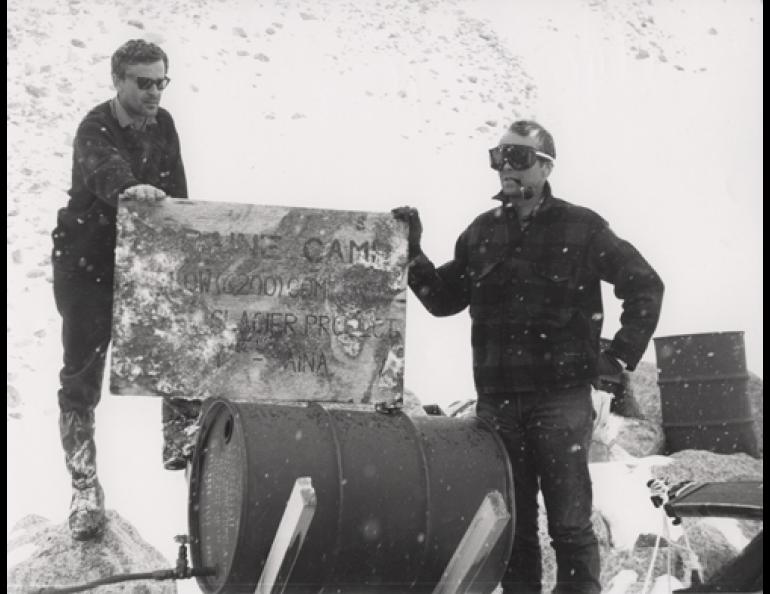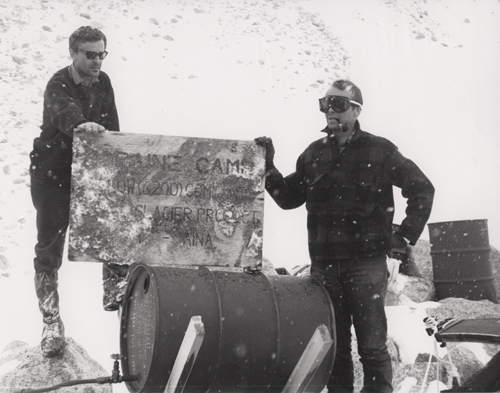
What to do about a warmer planet
Last week, in a farewell column to retiring climate-change scientist Gunter Weller, I presented parts of his argument on warming in the north that he often gave to the news media, politicians, other scientists, and anyone else who would listen.
Weller, the former director of the University of Alaska’s Center for Global Change and Arctic System Research, is now living in Australia. After 36 years in Alaska, he and his wife Sigrid now reside in a house overlooking the ocean south of Melbourne, where kangaroos have replaced moose as the large wild animals roaming the yard.
In last week’s column, Weller described evidence for climate warming in the Arctic and why he believes humans have caused a good deal of it. This week’s column features bits of an interview in which he described what we can do about the considerable and under-appreciated problem of a warming planet:
“A lot of things can be done, individually and by governments, that will really make a big difference,” Weller said. “But sooner or later we’ll have to do something. And the longer we wait, the worse it will get.
“I think it’s important for countries to begin to implement the Kyoto Protocol. It won’t make a lot of difference initially, but it’s a moral commitment to say ‘Yes, we recognize that there’s a problem, and we’re willing to do something about it.’”
(The Kyoto Protocol is an agreement between developed nations to curb greenhouse gas emissions. The U.S. pulled out of the agreement in 2001, when President Bush said it unfairly excluded China and India and also would damage the U.S. economy).
“I don’t buy the argument that Kyoto is going to hurt the U.S. economy,” Weller said. “I think we can easily achieve the reductions of the Kyoto Protocol by making more energy-efficient cars, by doing a little more recycling, and by using alternative energy sources.”
Weller said that people can take small steps to make a big difference. He and his wife Sigrid recently purchased a Toyota Prius hybrid gas/electric car that they will use in Australia.
“As individuals, we can buy more fuel-efficient cars. Congress could pass a law to make SUVs more fuel-efficient.”
On a smaller level, “we can recycle, we can walk up stairs instead of taking the elevator, we can wash with cold water rather than warm and save energy,” Weller said.
“None of these things are going to save the world, but they add up to a moral commitment that gets people engaged in the entire process.”
Weller said that after nearly four decades of studying Alaska and becoming familiar with changes all over the Arctic, he has no doubt that humans are contributing to a warmer planet. He said people who question whether humans are to blame still have a hard time arguing about the beneficial effects of reducing levels of carbon dioxide and other greenhouse gases in the atmosphere.
“If you’re not convinced that climate warming is due to the (manmade) greenhouse effect, (air) pollution is always a bad idea. I can’t see how we can lose by making some of these changes.”






